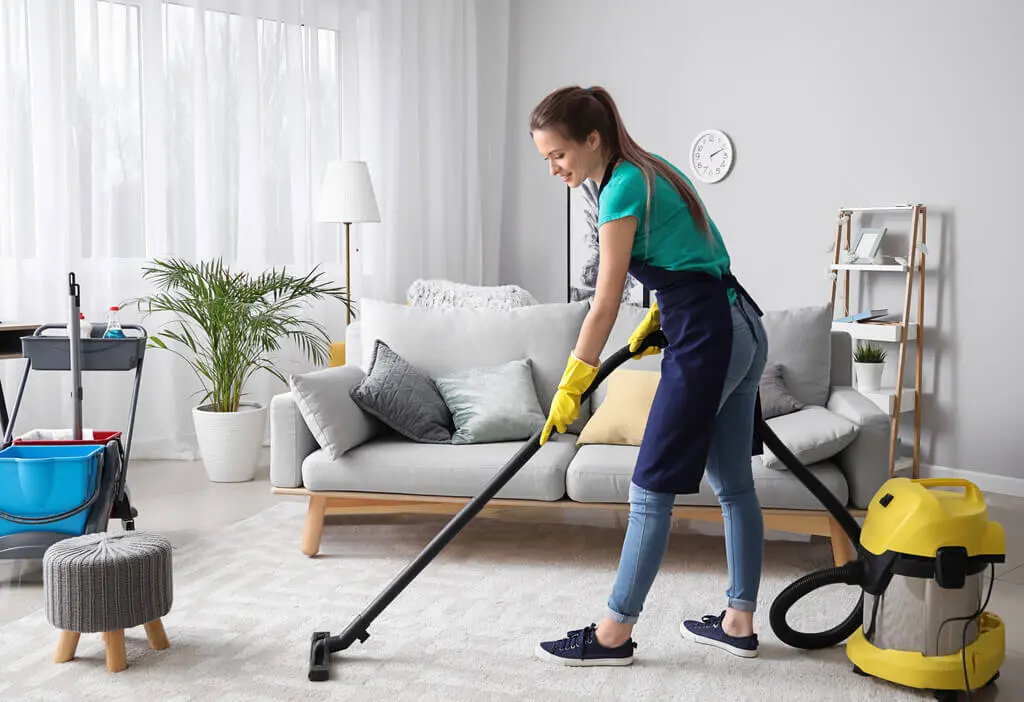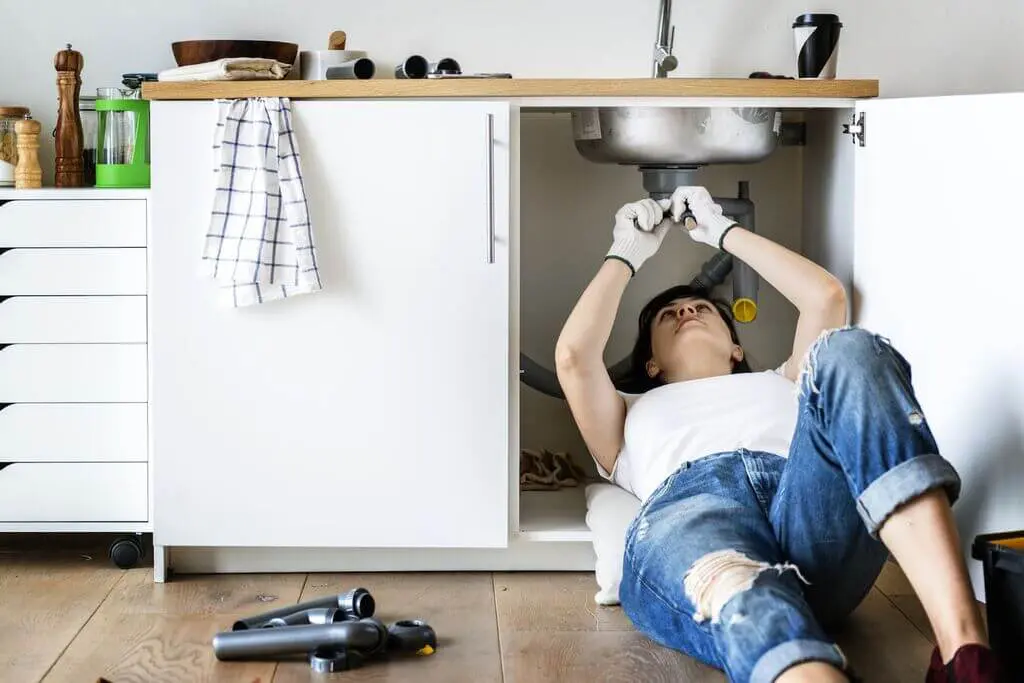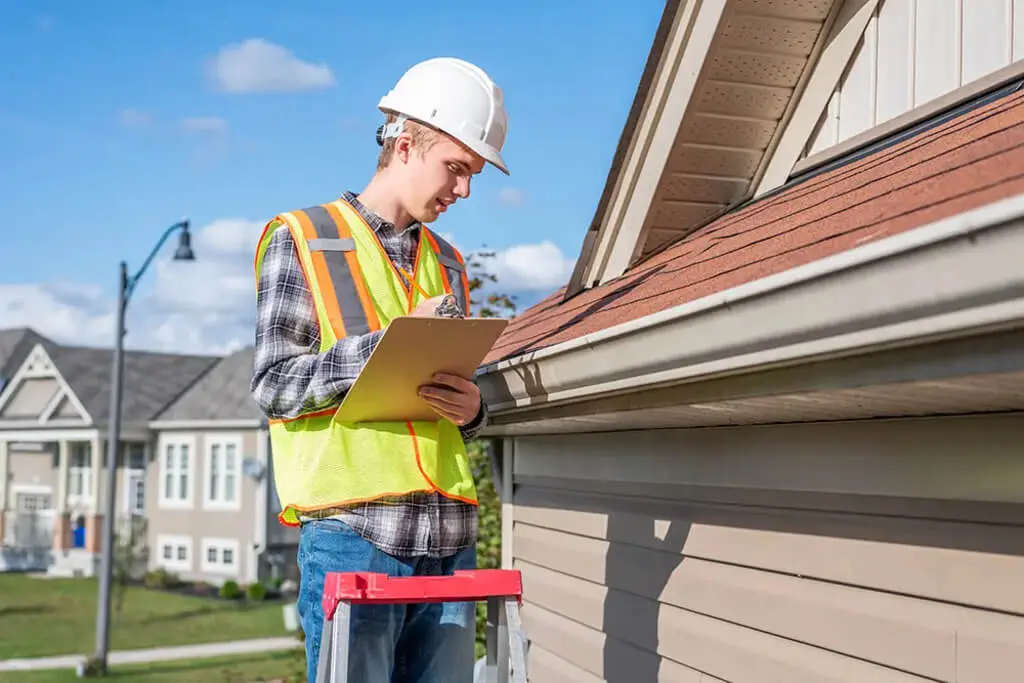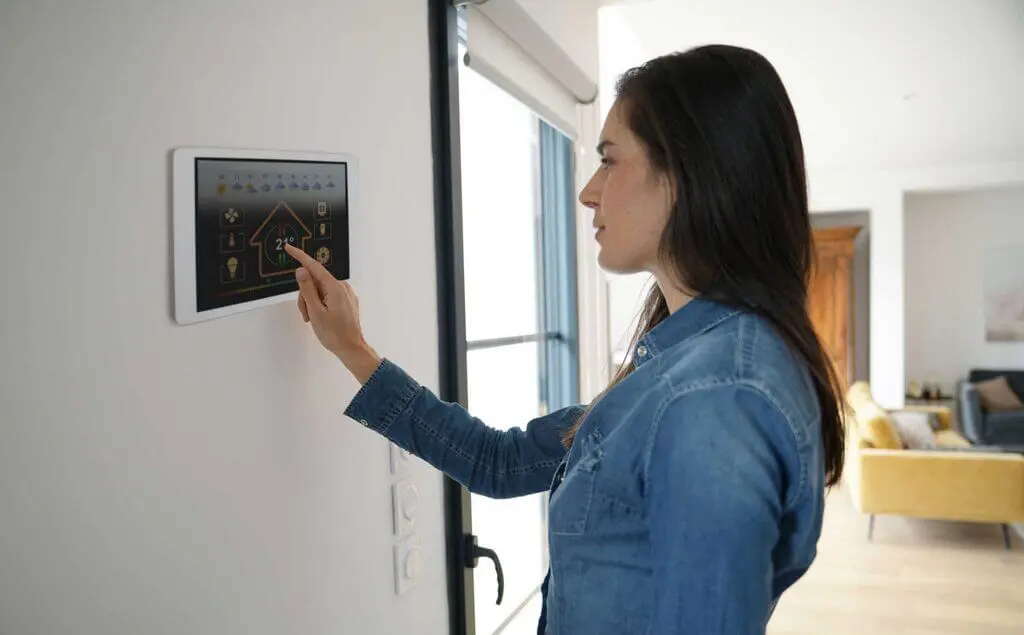Explore this post with:
Home maintenance is a critical aspect of homeownership that ensures comfort, safety, and preserving your property’s value. A well-maintained home is a thriving space, providing shelter and a pleasant and secure environment for you and your loved ones.
Regular upkeep tasks might seem tedious, but they prevent minor issues from escalating into major, costly repairs. For example, fixing a small leak promptly can prevent extensive water damage down the line. Similarly, regular inspection and maintenance of heating and cooling systems ensure they function efficiently, providing comfort, reducing energy consumption, and extending the system’s lifespan.
Safety is another essential facet of home maintenance. Regular checks of smoke detectors, electrical systems, and the structural integrity of your home can protect against potential hazards.
Home maintenance is a proactive strategy – an investment of time and resources that pays off in terms of comfort, safety, and financial value. This guide shares top tips to help you keep your home running smoothly.
Regular Cleaning

It’s essential to keep your house clean regularly. It contributes to a healthy, aesthetically pleasing environment, helps extend the lifespan of materials and appliances, and prevents pest infestations.
Each area of your home demands different cleaning frequencies and methods. High-traffic areas like kitchens and bathrooms need frequent attention due to their constant use and potential for bacteria growth. Regularly disinfect countertops, sinks, and appliances in the kitchen, while in the bathroom, focus on tiles, toilets, and sinks.
Bedrooms and living rooms may not require thorough daily cleaning, but frequent dusting, vacuuming, and decluttering can maintain a clean, relaxing environment. Don’t forget less-visible areas like under furniture and the corners of rooms.
Establish a cleaning routine that fits your schedule. You might prefer a small daily routine, tackling one room or task daily, or a weekly cleaning spree. Consider using eco-friendly cleaning products to minimize exposure to harsh chemicals and reduce environmental impact.
Remember, an efficiently cleaned home is more than just visually appealing – it’s a healthier space for you and your family and plays a significant part in home maintenance.
If your schedule does not allow for time to devote to cleaning sessions, contact cleaning services in Missouri City, TX to help you stay on top of cleaning. “
Seasonal Home Maintenance

Regular seasonal upkeep is essential for a comfortable and safe home environment. By scheduling tasks according to the season, you can tackle specific needs that arise due to changing weather conditions, thereby preventing potential damage, and ensuring optimal efficiency.
In spring, focus on exterior tasks like cleaning gutters, washing windows, checking roof shingles for damage, and preparing your yard for growth. It’s also an excellent time to check outdoor faucets for freeze damage and service your air conditioning system before the summer heat sets in.
Summer is ideal for painting or sealing exterior wood, inspecting, and repairing fences, and servicing your sprinkler system. Also, consider inspecting and cleaning your chimney in preparation for cooler months.
In the fall, prepare your home for colder weather by inspecting and cleaning the heating system, sealing gaps where heat may escape, and checking the insulation in your attic. Clean your gutters again after leaves have fallen, and winterize your sprinkler system.
Winter maintenance should include checking your home for ice dams and icicles, inspecting pipes for leaks, and testing your home for radon (since windows and doors are typically closed, radon levels may increase).
This seasonal approach allows you to maintain your home systematically, potentially saving you time, money, and unexpected troubles down the line.
Regular Inspection

It is crucial to have your property inspected on a regular basis to detect potential issues in their early stages, preventing minor problems from turning into significant, costly repairs. Each element of your home – plumbing, roofing, electrical system, and more – requires periodic examination to ensure its functioning properly and safely.
Plumbing inspections should focus on detecting leaks, drips, or slow drains that might suggest a blockage. Check faucets, showerheads, and visible pipes for any signs of leakage. Examine walls and ceilings for unexplained damp spots, which might indicate a hidden plumbing issue.
Roof inspections involve checking for loose, missing, or damaged shingles, which could lead to leaks. Also, inspect gutters and downspouts for blockages, ensuring they can effectively divert water away from your home.
For your electrical system, look out for flickering lights, buzzing noises, or outlets that feel warm to touch. These can be signs of electrical issues that require immediate attention due to the risk of fire.
While many minor issues can be DIY fixes, it’s important to know when to call a professional. Hiring a professional to handle the repair is safer and more effective if you detect a significant leak, structural roof damage, or serious electrical issues. Regular inspections, combined with professional help when needed, are key to a safe, smoothly-running home.
Energy Efficiency

Saving money and helping the environment are two of the primary reasons why energy efficiency in the home is so important. Homeowners can lower their energy bills by improving energy efficiency while contributing to a more sustainable future.
First and foremost, upgrading to energy-efficient appliances is a significant step towards reducing energy consumption. Energy Star-rated appliances, such as refrigerators, dishwashers, and washing machines, are designed to use less energy without compromising functionality.
Proper insulation is another key factor in improving energy efficiency. Well-insulated homes prevent heat transfer, keeping the interior comfortable year-round. Adding insulation to attics, walls, and windows can significantly reduce the need for heating and cooling, resulting in substantial energy savings.
Installing programmable thermostats allows homeowners to regulate the temperature based on their schedule, optimizing energy usage. Smart thermostats take it a step further by learning your preferences and adjusting temperatures automatically for maximum efficiency.
Sealing air leaks around windows, doors, and other openings prevents drafts and heat loss. Weatherstripping and caulking are effective methods to seal these gaps.
Encourage natural lighting by utilizing skylights or strategically placed windows. This reduces the need for artificial lighting during daylight hours.
Additionally, practicing energy-saving habits like turning off lights when not in use, using power strips to prevent standby power usage, and using natural ventilation instead of relying solely on air conditioning can further enhance energy efficiency.
Improving energy efficiency not only reduces utility bills but also minimizes the environmental footprint of your home. By implementing these tips, homeowners can make a positive impact on both their finances and the planet.
Conclusion
Hence by following our top-notch tips, you can have a more organized as well as neat, and clean home. By making these small changes in your space you can make your home more inviting!
To get more information:
About the Author: archistyladmin
At Architecturesstyle, we’re passionate about smart design, beautiful spaces, and practical tips that help you bring great architecture into everyday life. Whether it's modern home ideas, iconic buildings, or expert advice, our team brings fresh and useful content to readers who love architecture as much as we do.




